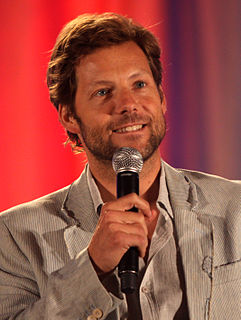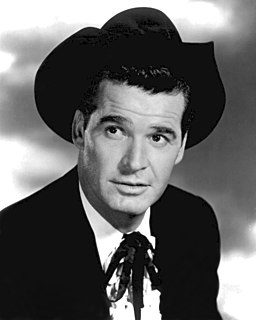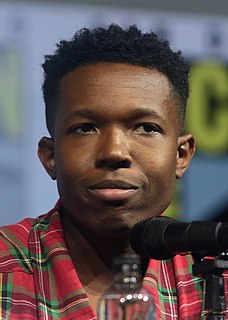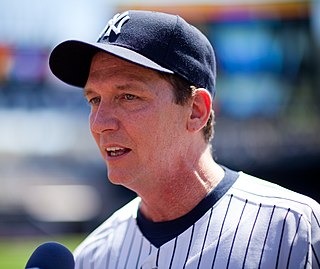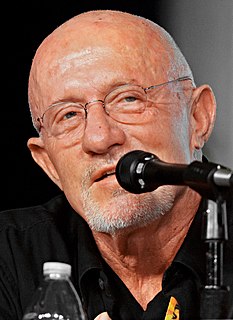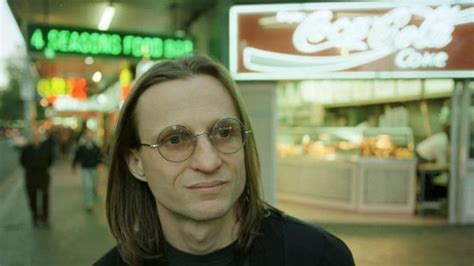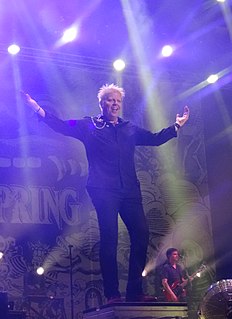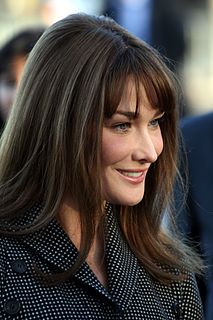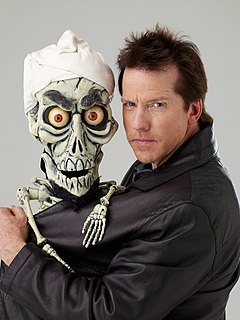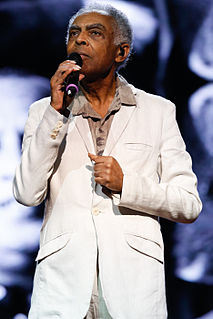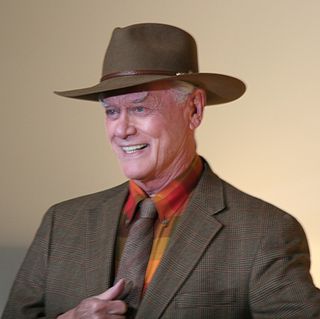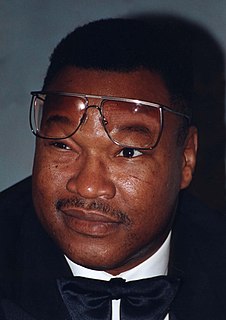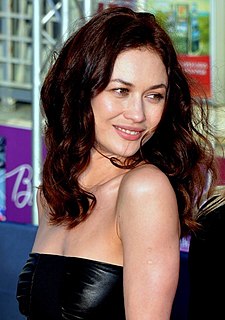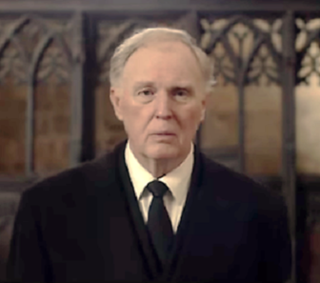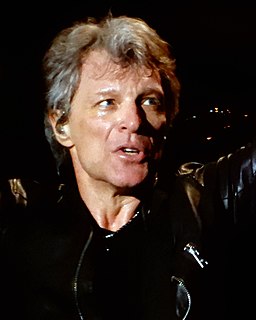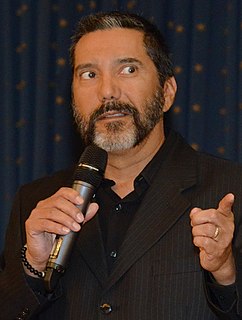Top 274 Eighties Quotes & Sayings - Page 4
Explore popular Eighties quotes.
Last updated on December 20, 2024.
Back in the Eighties, I'd buy the biggest Benetton jumper I could find and would wear it long-sleeved, hanging off my shoulders, with a varsity jacket and a baseball cap on back to front with a quiff. I was the smallest boy in my class, and I looked like a reject from New Kids On The Block. Terrible.
I did a little bit of cocaine in the Eighties, courtesy of John Belushi, but fortunately I didn’t like it. But I smoked marijuana for 50 years and I don’t know where I’d be without it. It opened my mind and now it eases my arthritis. After decades of research I’ve concluded that marijuana should be legal and alcohol illegal.
As a kid in the eighties, I didn't need much disposable income. I went to Catholic school - white shirt, plaid skirt - so fashion choices were limited. But youth finds a way. For me and my schoolmates, neon argyle socks were a crucial barometer of coolness. Hair ribbons, too, and they didn't come cheap.
Sense About Science is much more than an innocent fact-checking service. It is a spin-off of a bizarre political network that began life as the ultra-left Revolutionary Communist Party and switched over to extreme corporate libertarianism when it launched 'Living Marxism' magazine in the late eighties.
I went to London a lot as a young designer because London was a major inspiration, not only for the clothes but the sense of freedom. I remember going to see a stage production of "The Rocky Horror Picture Show" in the mid Eighties and loving the mix of Goth and humor, and in my shows I've always liked to play jokes and have fun.
In their heyday, the Pet Shop Boys were the Interpol of the Eighties, dressing up to sing really weird pop songs about lust and loneliness in the big city. They're low-pro now, not retro-worshipped in the manner of Depeche Mode, New Order, or The Cure, but you can hear the reason why - these guys are too sad.
Being 'ethnically ambiguous', as I was pegged in the industry, meant I could audition for virtually any role. Morphing from Latina when I was dressed in red, to African American when in mustard yellow, my closet filled with fashionable frocks to make me look as racially varied as an Eighties Benetton poster.
I found that so many people in the music business started out as metalheads in the Eighties - whether they're songwriters, producers, engineers or executives, and no matter what they look like, with short hair, suits or whatever. I feel like my generation of metal kids really tends to populate the music world to a large extent.
We just kind of relied on written scouting reports through the eighties and even the early nineties. I've really been amazed by some of the data that's out there, especially with regards to tendencies of hitters, and certainly tendencies of pitchers as well. I would have loved to have gotten that data when I played.
By the late Nineties, we had become a more visual nation. Big-money taste moved to global standards - new architecture, design and show-off contemporary art. The Sloane domestic aesthetic - symmetry, class symbolism and brown furniture - became as unfashionable as it had been hot in the early Eighties.
God bless America - what other civilization would give Patrick Dempsey another shot to rule as a sex symbol, twenty years after 'Meatballs III: Summer Job?' His reign as Dr. McDreamy on 'Grey's Anatomy' is proof that there's nothing we love more than giving Eighties celebs a heartwarming second stab at life.
I suppose the book I really remember loving as a child was one called 'The Outsiders' by S.E. Hinton, about a gang of kids from the wrong side of the tracks in Sixties Oklahoma. I grew up in the Eighties in Nottinghamshire, but this tale of troubled, but essentially good, kids - or 'greasers' - was something I completely connected with.
I always remember the words of George Halas, the owner of the Chicago Bears football team. When he was well into his eighties a friend found him in his office on Sunday, and asked him why, at his age, he was working on a Sunday. His response, 'It’s only work if there’s someplace else you’d rather be.'
Until the Eighties, Oslo was a rather boring town, but it's changed a lot, and is now much more cosmopolitan. If I go downtown, I visit the harbour to see the tall ships and the ferries, and to admire the modern architecture such as the Opera House or the new Astrup Fearnley Museum on the water's edge.
When I started doing stand-up in the late eighties, that was not an uncommon thing, that people dressed for the stage. I've seen that change as time has gone by to where, for me, it's something that people remark on. And that's when I started to really embrace it in a way and get more flamboyant and foppish with the way that I dress.
You can trace a through-line from the eighties to the present, and in retrospect Trump was always one of the minor avatars of a certain business model, all through that time. One based on branding, celebrity, and exploiting certain quirks of media form for fun and profit. In some ways he is not all that exceptional.
Let's face it, fashion was destroyed by HIV. People would just die like flies in the eighties. Then, my brother died of HIV, so I was shaken by it in a way that you cannot imagine. It has sadly been in my life ever since and affected it for such a long time. It won't let go. To me, it's a fight that's not finished. Of course, there are medicines that help, but half the world has no access to them.
Around the time I began starving, in the early eighties, the visual image had begun to supplant text as culture's primary mode of communication, a radical change because images work so differently than words: They're immediate, they hit you at levels way beneath intellect, they come fast and furious.
I hope everyone can give the audience that real, true experience. But Mandy [Moore] and I, we definitely jump decades, and I think trying to find a base look, so that I can go back to the Eighties, I can jump to the Nineties, it was like, "All right, Milo, you're living in a moustache for a little while." Which I'm perfectly fine with.
I've been caught in parachute pants. And on my high school yearbook, they used the wrong picture. They were supposed to use the picture of me with a nice suit on. They used me with my collar flipped up, in a fuchsia and white striped shirt. I blame Prince and Michael Jackson in the Eighties for that.
Winning the Pritzker assures a flood of work in one's seventies and eighties, jobs necessarily carried out by assistants as the demands of modern-day cultural stardom and the inevitable waning of physical capacities prevent many architects from attaining the transcendent final phase more easily achieved by artists in other mediums.
The early music I heard was Top of the Pops. But in bedrooms, around the house with my brother playing the Sex Pistols, Sham 69 and the Ham and all these groups then going into that sort of mod turnover scene and then going into the New Romantics scene the coming of age myself in the mid-eighties and into the noughties, it was changing.
The power of branding, particularly when it comes to automobiles, is overwhelming. You go back to the seventies and eighties with the General Motor situation I was describing? Literally, folks, the Camaro and Firebird were identical cars but you'd so have the Firebird buyers, the Pontiacs, "No way I'm I buying that Camaro!" " It's the same car." "Nooooo, it is not. That is a Chevy and mine is a Pontiac."
What you don't want is for violence and gore to become more important than character and structure. A lot of slasher movies from the eighties were only focused on violence and gore, which robs the human beings in the story of any empathetic reaction from the audience, and instead makes them cheer for the gore.
My mother and my father have always supported me. Now in their eighties, they actually clamor onto the tour bus with me once or twice a year so they can watch the performances and hear the crowds. Traveling with eighty-something-year-olds on a tour bus... there has to be some sort of reality show in that.
Beginning in the sixties, but getting strong during the seventies and eighties, everybody was sort of Miles Davis and Chick Corea and the jazz guys on the west coast and east coast in America, and then in Switzerland and lots of groups in England and elsewhere, like here in Brazil. We were all under a heavy influence of technological gadgets and changes that we used as elements to produce and create music.
'Dallas' hit a chord back in the late Seventies and Eighties because it was the age of greed: here you have this unapologetic character who is mean and nasty and ruthless and does it all with an evil grin. I think people related to JR back then because we all have someone we know exactly like him. Everyone in the world knows a JR.
I always listen to all kinds of different music from different years. I listen to the contemporary, but once in a while into eighties, you know just for fun, and sometimes classical too. So I have this big mix on my i-pod... Amy Winehouse, Gwen Stefani, OutKast, Jay-Z. I listen to trance, pop, everything. It really depends on my mood.
When we first started, in the early Eighties, we had some crappy guitars - Japanese knockoffs that wouldn't hold standard tuning. Later, we'd shove drumsticks or screwdrivers under strings to scheme new noises, sure. But initially, open tuning was a technique used to make our cheap guitars sound better. It wasn't academic or conceptual.
My first arrival in India was memorable - landing at Delhi airport at 2 A.M. to start filming 'The Jewel in the Crown' in the Eighties. The man who was supposed to pick me up wasn't there, so I spent a very uncomfortable three hours phoning around hotels to find out where I was supposed to be. It was a major culture shock, but I adored India.
When I first came to Washington in the 1960s, even at the height of the Vietnam War, until the end there in '68 there was a certain climate of cooperation. And then in the late sixties and in through the seventies, politics began getting more mean. And then from the eighties on it seemed to be institutionalized, this personal attack business. And I just hate it.
Do you really want to know why I'm doing all this goodwill, and why I'm an ambassador for Habitat for Humanity and why I gave a million to [relief efforts for Hurricane] Katrina? It's because I feel guilty about the huge hole in the ozone layer my haircuts created. It's my responsibility to right the wrongs of the Eighties.
You gotta understand, there weren't a whole lot of roles for Hispanics in the Eighties, so comedy was really the way I could really feed myself and eventually feed my family. I was an actor who learned to be a comic, and it's cool to come back and get back into acting - move forward in the direction I started out to do in the beginning.

